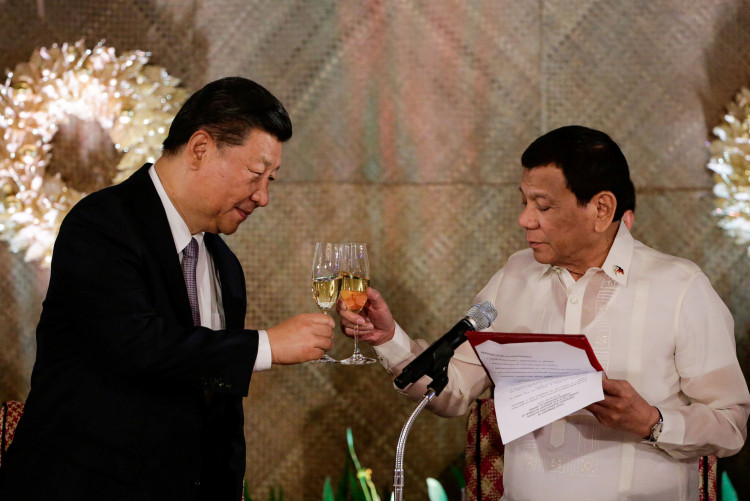Shijiazhuang-based HBIS Group Co., Ltd, Beijing-based Huili Investment Fund Management Co., Ltd signed a Memorandum of Understanding with Steel Asia Manufacturing Corporation and PHIVIDEC Industrial Authority to jointly jumpstart the Philippine Iron and Steel Project in the Philippines.
The MOU amounted to $4.4 billion, which according to the Philippines Department of Trade and Industry is the biggest industrial investment from China to date.
Trade representative Ramon Lopez said the MOU will allow the Philippines to produce significant volumes of quality iron and steel products by 2030. It will also initially open 20,000 new jobs for the Filipinos during phase 1 of the project.
Phase 1 will start with production of 4.5 million tons of hot-rolled coil and 60,000 tons of slabs with $3 billion worth of investments.
By Phase 11, the project is expected to be manufacturing steel at a capacity of about 8 million metric tons. The second phase is also expected to open opportunities to up to 65,000 businesses related to steel and iron industry.
Iron and steel is the country's 5th import by commodity group valued at $4.91 billion from January to October 2018, a growth of 39.4 percent from 2017.
The MOU is expected to reduce the country's trade deficit as estimates showed that the project will generate domestic and export sales of slabs and hot rolled coils from the project that could amount to Php 144.279 billion.
Facilities for the project will be located in a 305-hectare land inside the PHIVIDEC Industrial estate inside Mindanao.
HBIS Group Co. Ltd is considered the second-largest steelmaker in China and the third largest in the world.
Huili Fund is a private equity firm which manages the portfolio in real estate, finance, and other similar industries.
The multi-billion dollar project is another signal of the Philippines pivot to China and away from its long-time ally, the United States. Since incumbent President Rodrigo Duterte assumed a seat at the palace, he smoothens previously cold relations between the two nations.
In fact, the international community, including the U.S., was surprised when Duterte signed an MOU last month involving a joint oil exploration in the South China Sea, a region which been for so many years was a source of disagreement between the two countries. The MOU, as was clarified by both parties, does not encroach each of the nation's legal positions in the disputed region.
Also, last month, China and the Philippines signed agreements involving cooperation on infrastructure for the next ten years. The deals aimed to boost economic development and a more cordial investment environment between the two countries.





